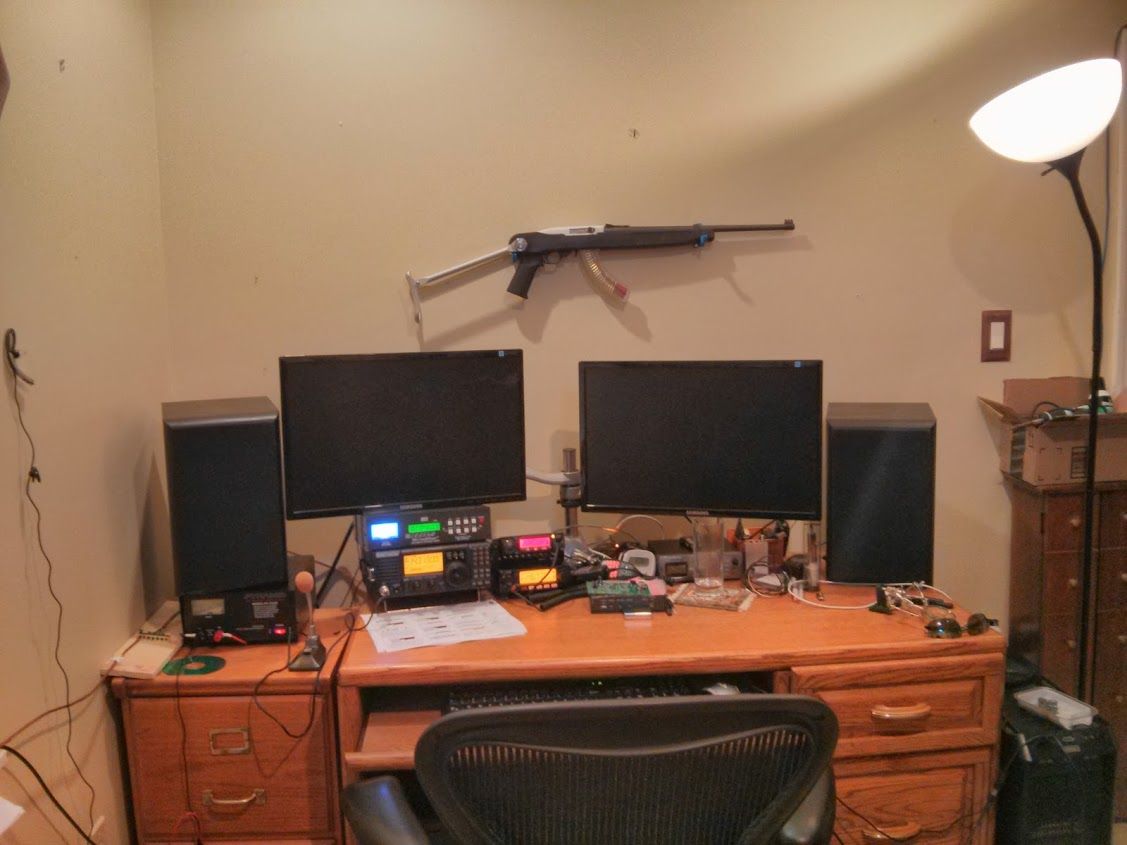Out of order from your post, so I can get the flow I want.
^ No. Just mentioned it cuz I didn't know what you were going to do in the end. A 12V parallel setup is probably the best bang for buck.
Ok. Cool. 12V seems to be the cheapest to do, and the easiest from what I understand. I'll have to regulate it down if I do 24V or 48V, so I'm really not looking forward to those losses.
With the computer on the links above it needs a monitor. What are you going to do for a monitor? Do LED/LCD's run on 12V?
I already have a 20" 12v LED monitor, it draws about 2A peak, and that's totally within my "power budget."
What is your objective? To be able to keep things online with full power failure?
Really I just want to run everything on solar. Clean isolated power is key for HF operations. Being able to run in the event of a failure is also a good thing to have. I don't want to have to run on handheld radios unless I absolutely have to.
I just want to have an independent setup for when the power goes out, as it tends to around here. There have been enough times where after a minor storm we've lost power and cellular service. If there's snow added to that, I can't get up the hill for the exit to my cul-de-sac to get medical attention. Potentially, there's a stream that could flood and cut off my auxiliary exit, and that brings me to one other exit that doesn't involve hoofing it through the woods. Unfortunately that exit (we'll call this the main exit) is a road lined with trees and power/telephone poles. Potentially, I could be cut off from the world for several days.
My goal is to run comms equipment for three days with no replenishment charge: no solar, no mains, no generator, potatoes hooked up in series, saltwater and pennies, etc. If needed, I can wire in a small chest freezer on an alternator to keep essentials cool, and run it for a couple minutes a day as a fridge. I really can't see things going so far sideways that I would be without power for seven days, and at that point, I'm sure there will be sun to run everything.
So, there you have it. My reasoning and my goals.


